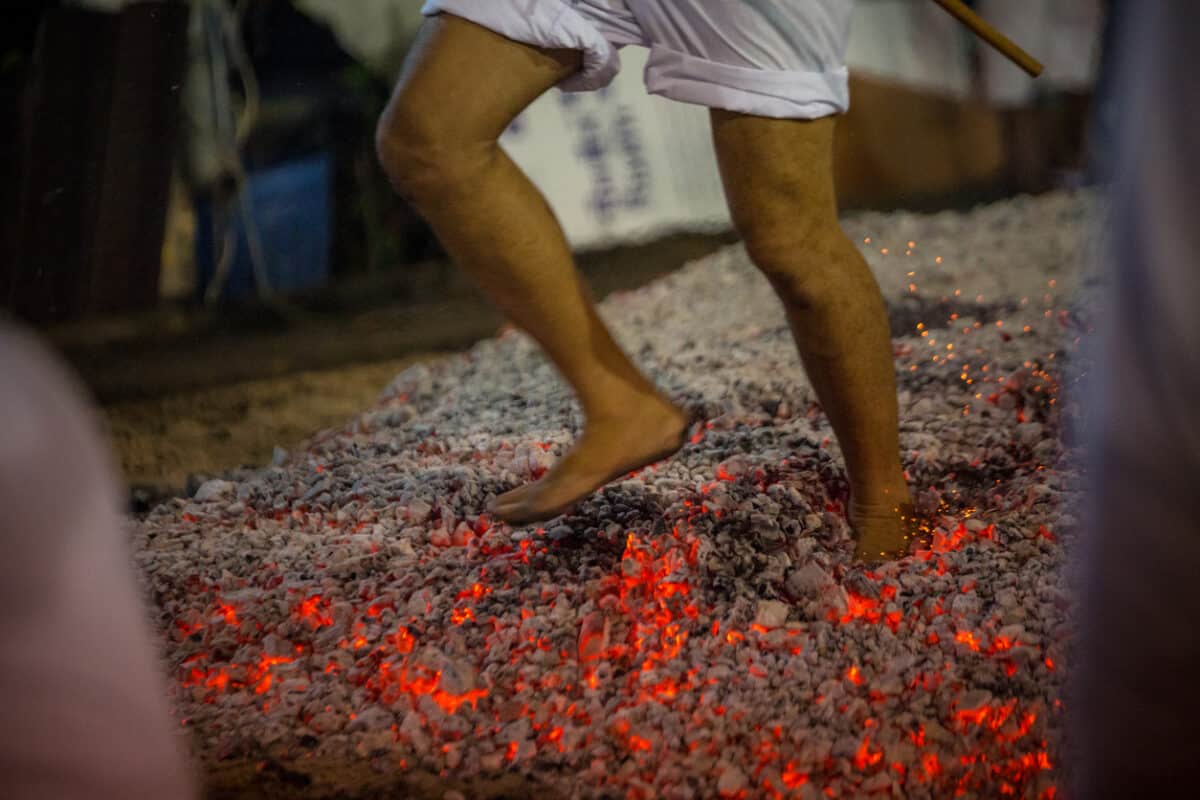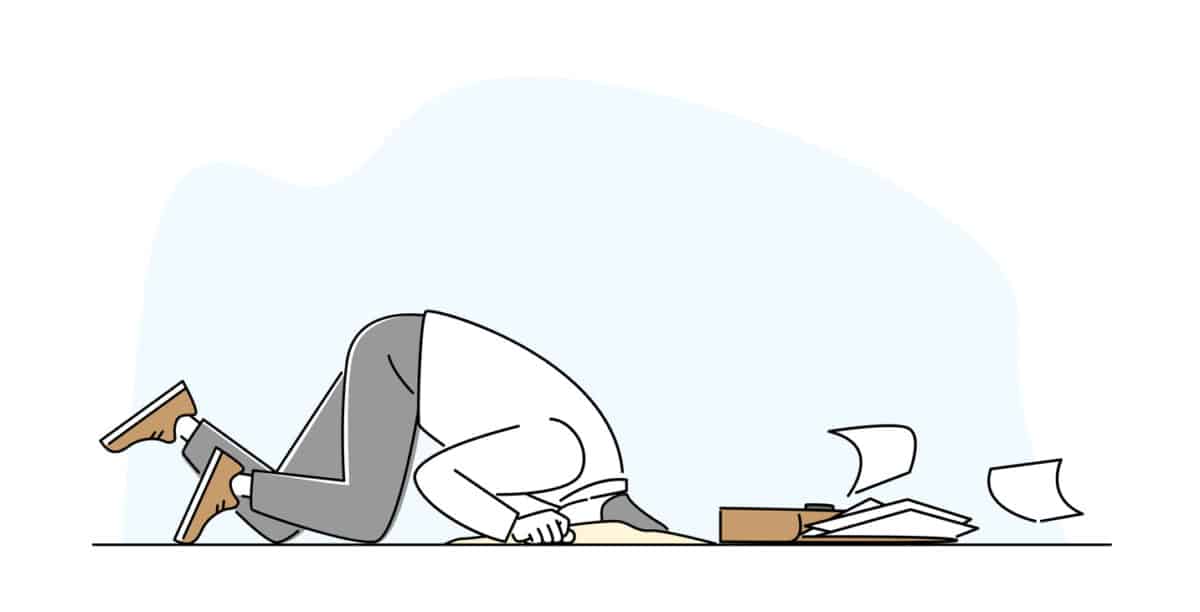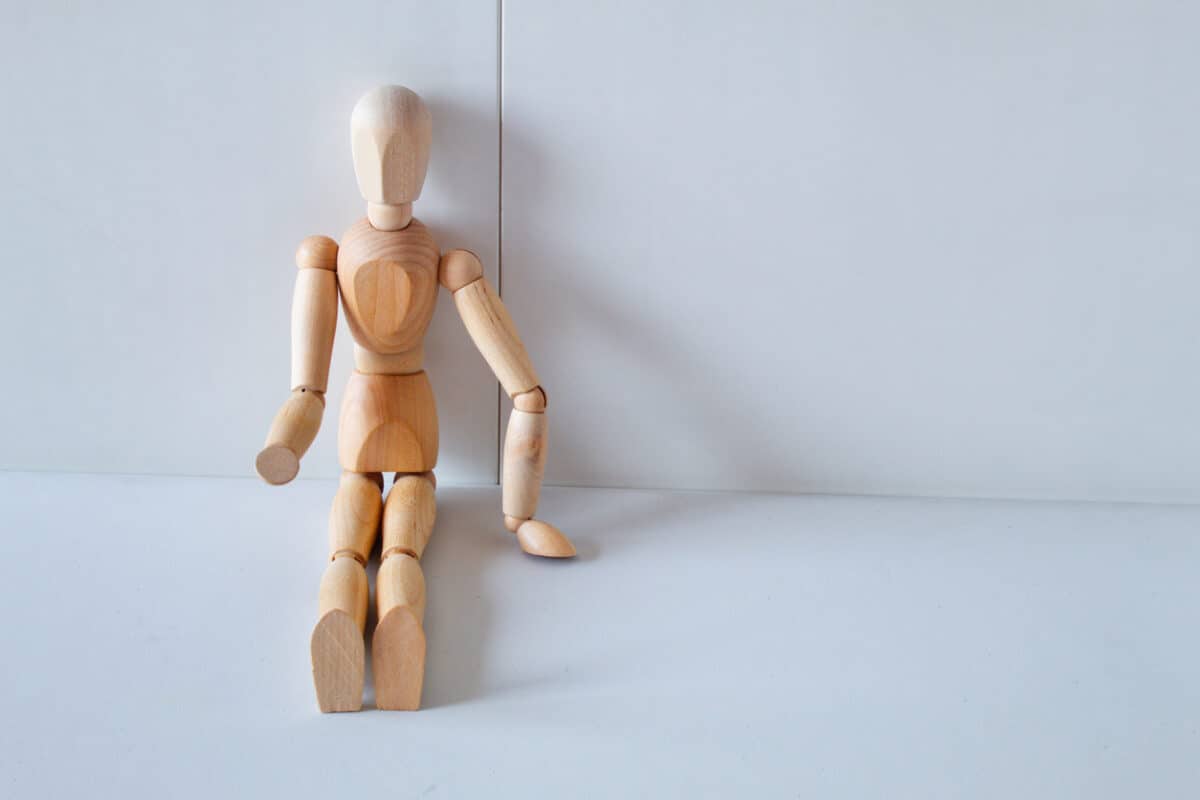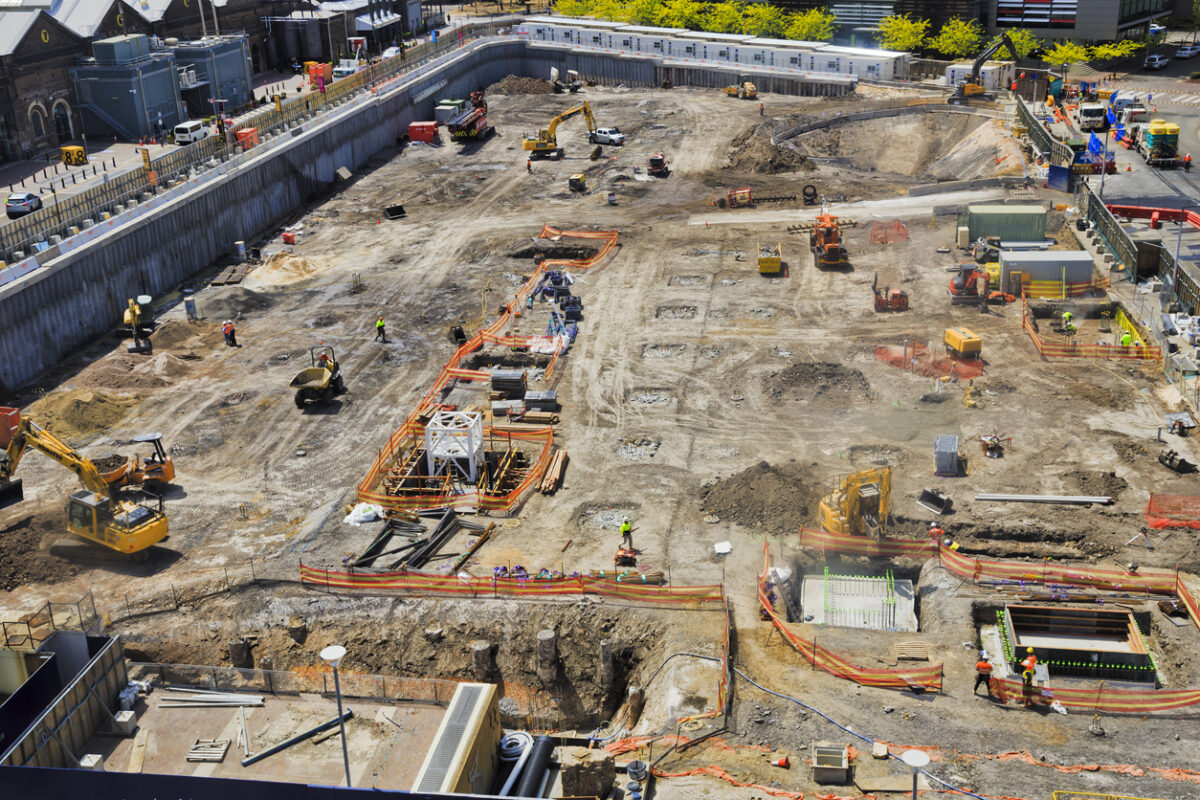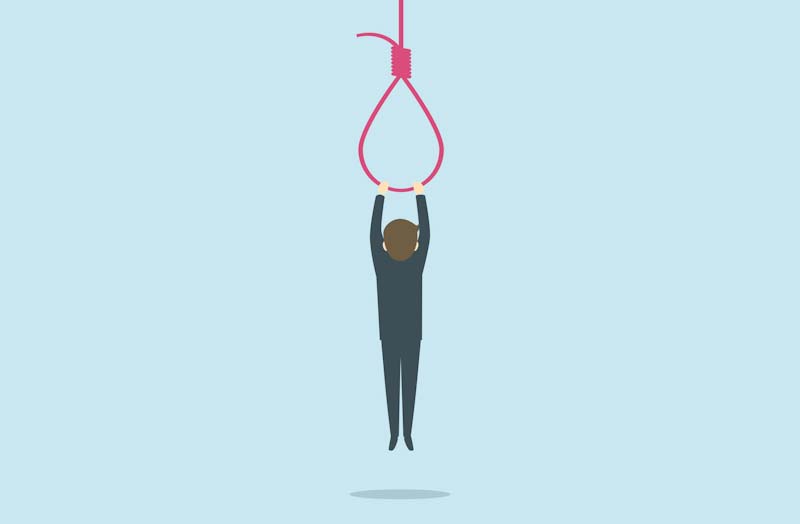Occupational health and safety (OHS) will have little effect on reducing the pace of global warming. Still, OHS will definitely need to assist in changing how we continue to work in future weather extremes. SafetyAtWorkBlog has previously written about working in extreme heat, but a new multimedia report from the New York Times (paywalled) illustrates the challenges in some uncomfortable ways.
Category: fatigue
Dunlop on psychosocial risks in law firms
Recently Maddocks law firm partner Catherine Dunlop spoke on the Lawyers Weekly Show podcast about psychosocial risks in the workplace. Although the podcast aims at legal practices, Dunlop’s comments and advice seem to apply to many white-collar jobs and professions.
Dunlop said that the discussion about psychosocial hazards at work has matured since the sexual harassment Respect@Work report and that:
When exemplars are far from
Extensive multinational auditing and consulting firms have been hammered for the last few years over the potential conflict of both auditing and advising the same companies and a toxic workplace culture. Most companies will not be able to afford these consultants’ prices, but the conduct of the large companies, the “corporate leaders”, affects every business by setting the standards. The influence of these large companies over public (and work health and safety) policy should also be noted and is being reviewed by some governments.
Traditional suicide prevention strategies struggle for relevance
September 10 is World Suicide Prevention Day. Many organisations are and will be, releasing information about suicides but not really the prevention of suicides, more the management of potential suicides. It is a curious international day as it is almost a warm-up to Mental Health Day (and, in some places, Month).
This week Suicide Prevention Australia (SPA) released a report based on a survey of 283 responses, the majority from members of SPA. It’s not a representative survey, but it gained a fair bit of media attention. It also raises consideration of the meaning of a “whole-of-government” approach and the role of Regulations in preventing suicides.
Regardless of the peculiar survey sample, the media release accompanying offered a statement that should have all mental health and suicide prevention professionals reassessing their strategies.
Evidence provided for structural change in construction safety management
In July 2022, RMIT University release a three-part series on physical and mental health in Australia’s construction industry consisting of Evidence, Exploration and Evaluation. By themselves, they make a strong case for structural reform of the construction sector to improve workers’ mental and physical health.
Federal Safety Commission embraces mental health
The Office of the Federal Safety Commission is a weird beast. It originated from Royal Commission in the Building and Construction Industry which many at the time and since saw as a politically motivated exercise. But whereas the Australian Building and Construction Commission which also originated in the Royal Commission, is mired in political and media back and forth, the OFSC has remained relatively clean. This may illustrate the difficulty of arguing against workplace health and safety even when the Commission has a fair bit of safety clutter.
Recently the OFSC joined the workplace mental health movement, a legitimate occupational health and safety element. It will offer little that is new, but the results of its November 2021 member survey do provide a useful insight into the major construction projects and contractors.
Not all suicides have a mental health condition
Most suicide prevention conferences I have attended have been dominated by mental health analyses, strategies and spruikers. The slow change in that dominance began around Professor Allison Milner’s research in 2018 and her questioning of the evidence of a mental health base but stalled with her untimely death a year later. A recent research paper in the American Journal of Preventive Medicine may be the spark to reignite the discussion on suicides that do not have a mental health connection.

